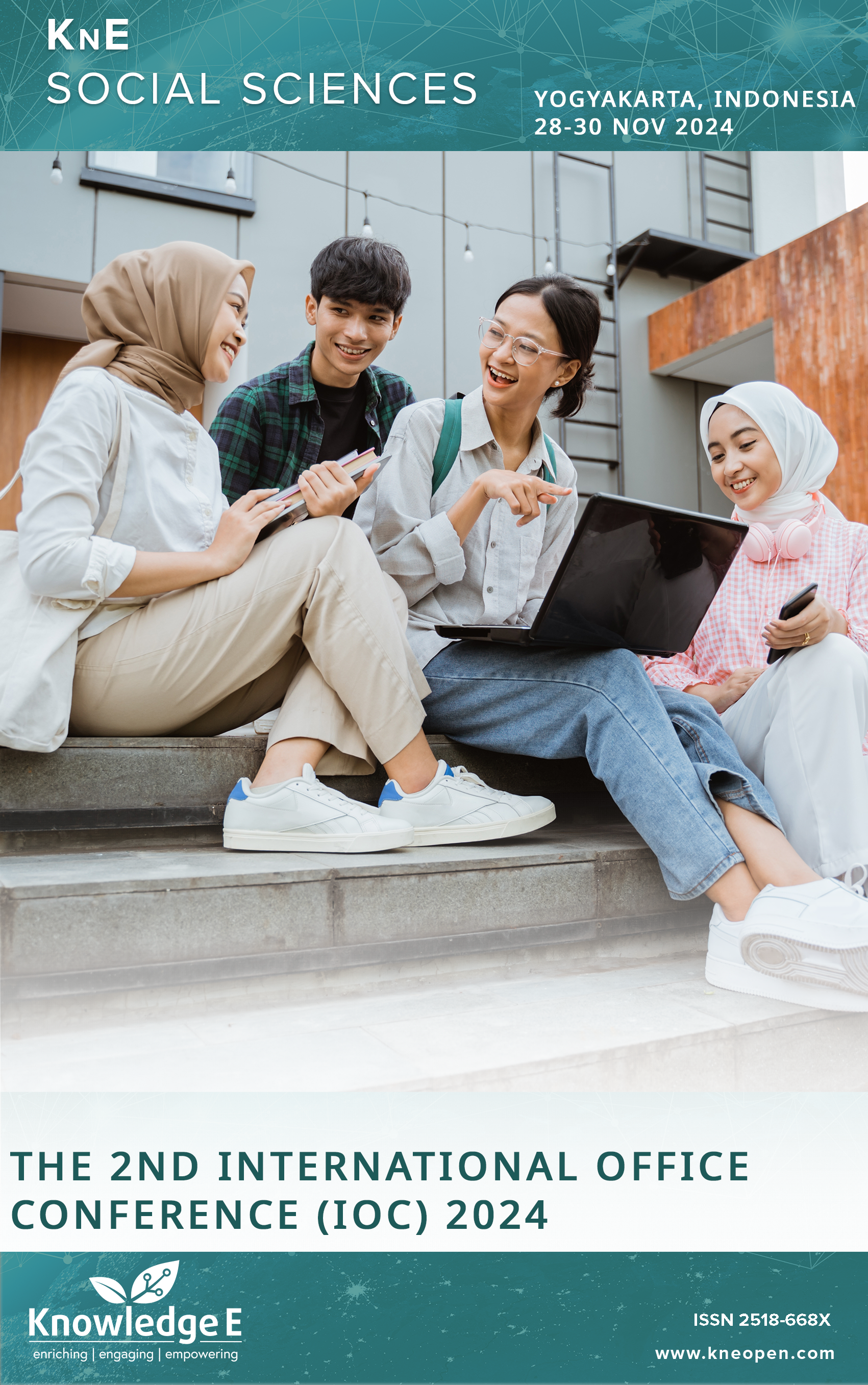Referring to the Results of International Student Mobility Activities: A Systematic Review and Future Research Agenda and Achievements
DOI:
https://doi.org/10.18502/kss.v10i24.19805Keywords:
international student mobility, student exchange, personal outcomes, employment benefitsAbstract
Analytical studies on international student mobility programs are numerous and have grown over the past two decades. However, systematic reviews of such programs and their outcomes have not fully achieved desired output targets. This paper employs a mixed-method approach, combining a systematic literature review with community service (PKM) activities—including seminars, questionnaires, and interviews—to evaluate barriers and motivations for student participation in international mobility programs. Key findings reveal that low English proficiency (e.g., 74.78% of students scored below 400 on TOEFL) and limited institutional support critically hinder engagement, despite high student interest in mobility opportunities. Post-intervention data showed significant improvements in student motivation (93% agreement) and awareness after structured socialization programs. The study identifies gaps in research on student achievement outcomes and proposes a future research agenda to enhance program design, emphasizing intensive language training and institutional collaboration. Recommendations are provided to align management strategies with personal and career benefits for students in a globalized education landscape.
References
[1] Mali, M. G. (2020). Internasionalisasi kampus sebagai strategi perguruan tinggi dalam menghadapi era revolusi industri 4.0. Jurnal Manajemen Publik dan Kebijakan Publik, 2(1), 68–78.
[2] Zulfa U. Transformasi internasionalisasi perguruan tinggi menjadi world class university. Literasi. 2012;3(1):111–24.
[3] Hendayana Y. (2021). Program mobilitas internasional mahasiswa Indonesia, kesempatan bagi mahasiswa Indonesia belajar di luar negeri. Retrieved from https://dikti.kemdikbud.go.id/kabardikti/kabar/program-mobilitas-internasionalmahasiswa- indonesia-kesempatan-bagi-mahasiswa-indonesia-belajar-di-luarnegeri on April 18, 2022.
[4] Civera A, Donina D, Meoli M, Vismara S. Fostering the creation of academic spinoffs: does the international mobility of the academic leader matter? Int Entrep Manage J. 2019; https://doi.org/10.1007/s11365-019-00559-8.
[5] Siekierski P, Lima MC, Borini FM. International mobility of academics: brain drain and brain gain. Eur Manag Rev. 2018;15(3):329–39.
[6] Netz N, Hampel S, Aman V. What effects does international mobility have on scientists’ careers? A systematic review. Res Eval. 2020;29(3):327–51.
[7] Roy A, Newman A, Ellenberger T, Pyman A. Outcomes of international student mobility programs: A systematic review and agenda for future research. Stud High Educ. 2018;43(12):2336–54.
Published
How to Cite
Issue
Section
License
Copyright (c) 2025 Acep Komara, Nelia Fariani S.

This work is licensed under a Creative Commons Attribution 4.0 International License.

